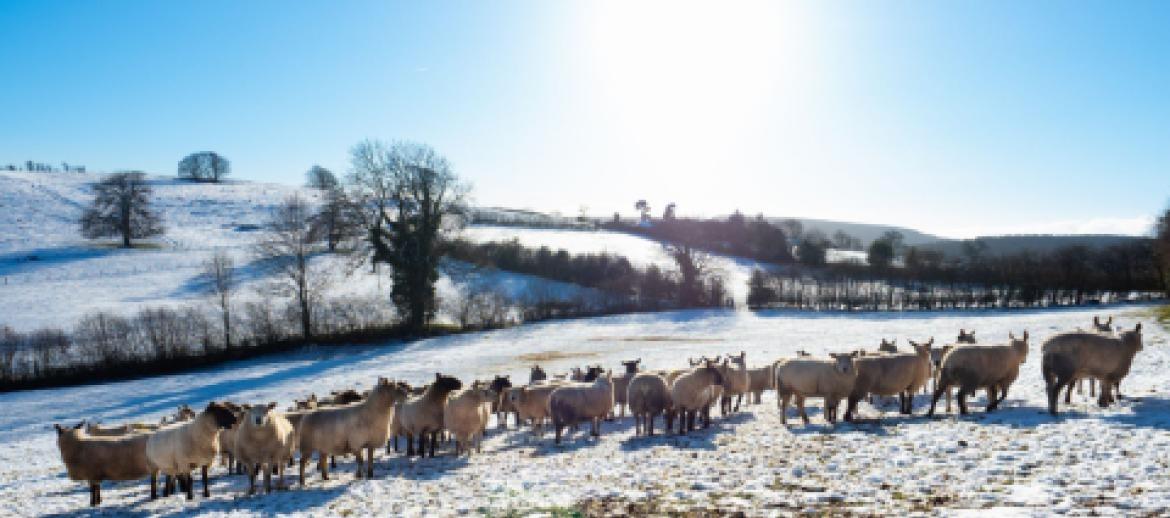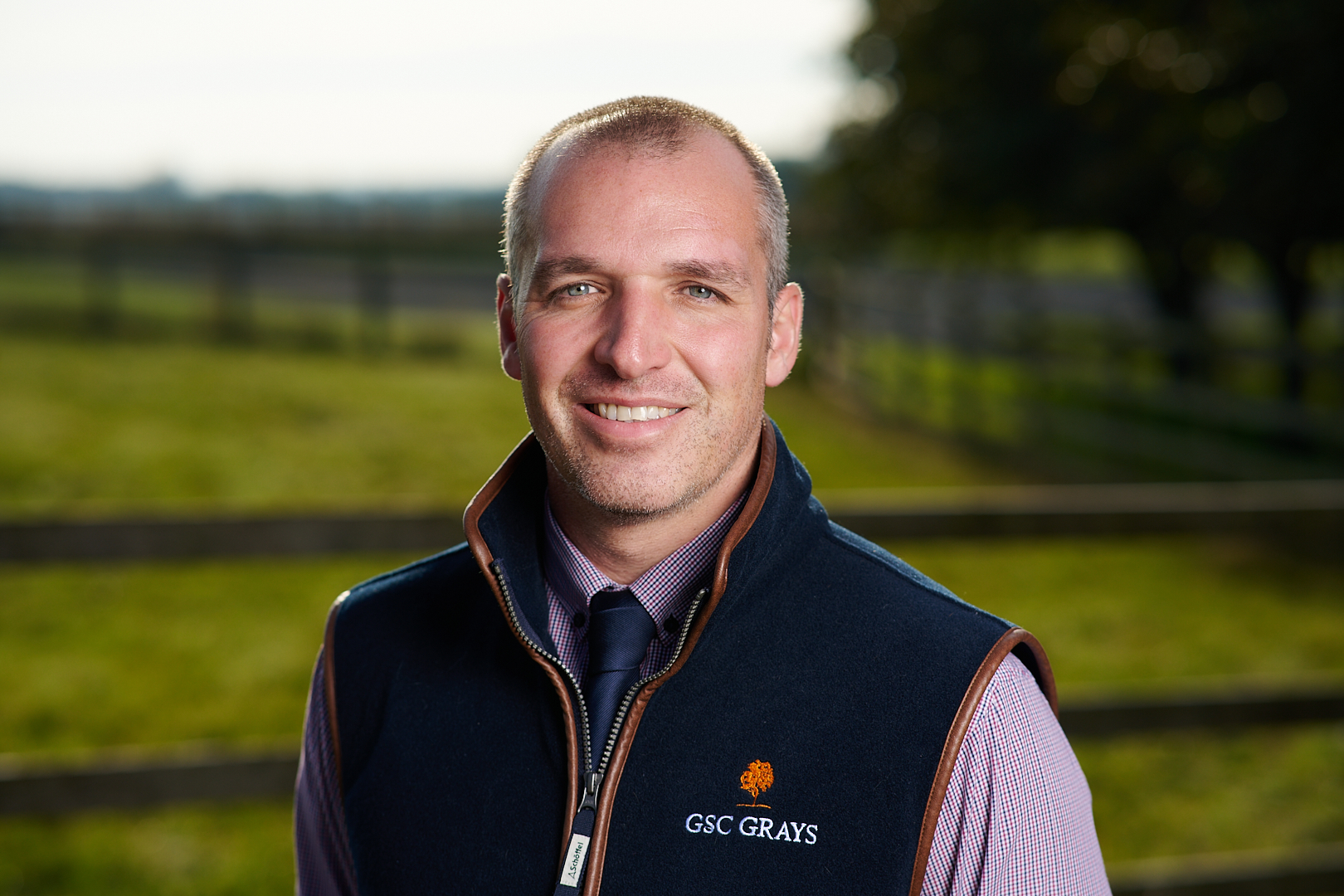Guest article by Neil Carter, Rural Associate, GSC Grays
As farm businesses look towards a future without the Basic Payment Scheme (BPS) coupled with the volatility of the industry, it is important that you have a plan to ensure you can adapt to these challenges.
Change is likely to be needed on almost every farm over the next few years. Change can be challenging, especially in a farming business where the day-to-day running of the farm can take up a huge amount of time and energy and taking an objective view can be difficult.
The solution will be different for every farm business but exploring your options now will pay dividends – this might be access to funding through an environmental scheme, a diversification idea, or better budgeting and financial management.
DEFRA’s Future Farming Resilience Fund
DEFRA’s Future Farming Resilience Fund was created to support farmers and land managers during the early years of the Agricultural Transition Period. If you are uncertain about what you are aiming to achieve in your farming business in the medium to long-term you can access funded business advice through the scheme to help identify the ways you may need to adapt.
GSC Grays is providing independent farm business advice to farmers in the North of England through the Farm Business Advice Service (FBAS), which is funded through the DEFRA scheme. It was designed with farmers in mind to provide a service tailored to individual business needs and to develop farms that are profitable and sustainable without BPS.
So far, more than 650 farmers across the North have benefitted from the FBAS. Below are some examples of how this has worked in practice:
Tenanted upland farm
The farmer was looking to retire in the not-too-distant future, with no one to take on the farm. We discussed succession planning, but it was clear that no succession was likely to be forthcoming. A Countryside Stewardship Mid Tier was considered as a potential income source, however, the farmer felt that a five-year agreement might be too long, with retirement potentially on the cards. Therefore, the Sustainable Farm Initiative (SFI) as a three-year agreement was agreed to be the way forward. After looking at the SFI options available for the farm, we established that the funding would more than pay the rent for the tenancy over the next three years and would allow the farmer to finish his career without needing to worry financially, following the loss of BPS.
Owned smallholding
The farmer was initially sceptical about what they would get out of the meeting. However, the consultant picked up on a potential diversification idea during the review that the farmer had previously not considered. This gave the farmer an option that he didn’t have before the meeting, and a feeling that the meeting had been of value and provided food for thought.
Owned lowland livestock farm
The business was under pressure from the bank regarding recent financial performance and outstanding borrowing. The farmer was faced with the possibility that a sale of land might be needed to appease the bank and get the finances under control. Following the FBAS meeting, the farmer was provided with budgets and cashflows based on adjusting the livestock system, to utilise SFI standards for additional income and to aid in reducing costs. The plan was created alongside the farmer, to ensure that it was something he felt he could achieve, which will increase the chance it will succeed.
These are just some examples of how we have been able to work with farmers to provide objective and relevant support for their businesses, utilising the scheme.




